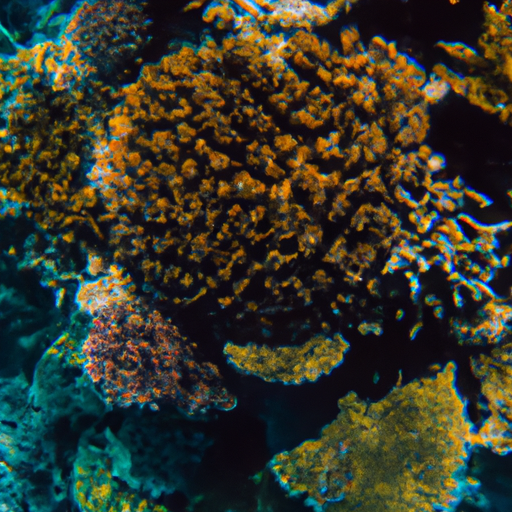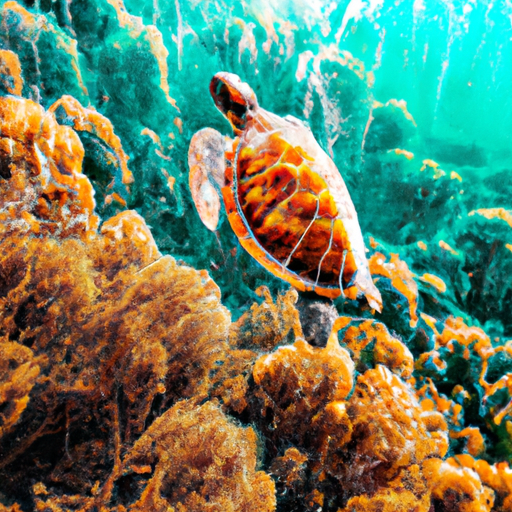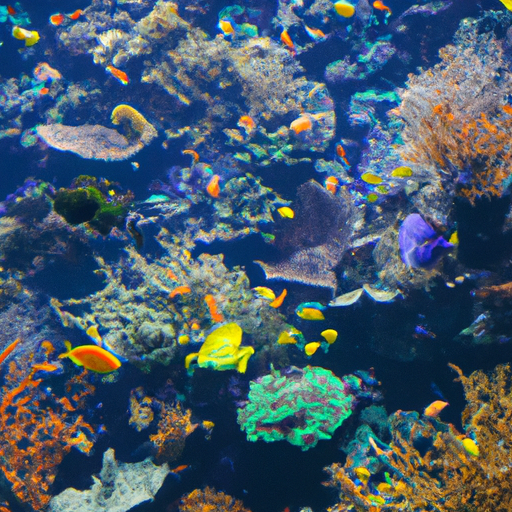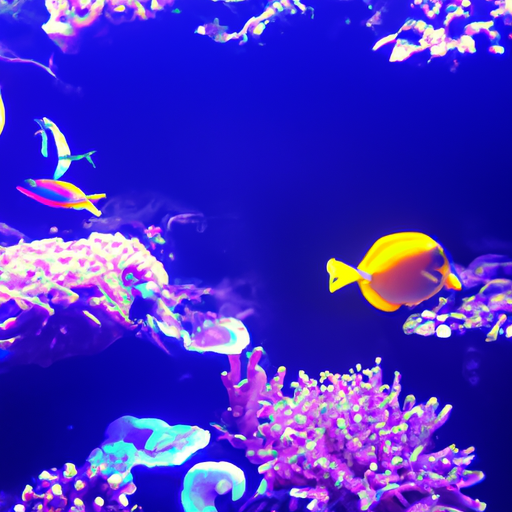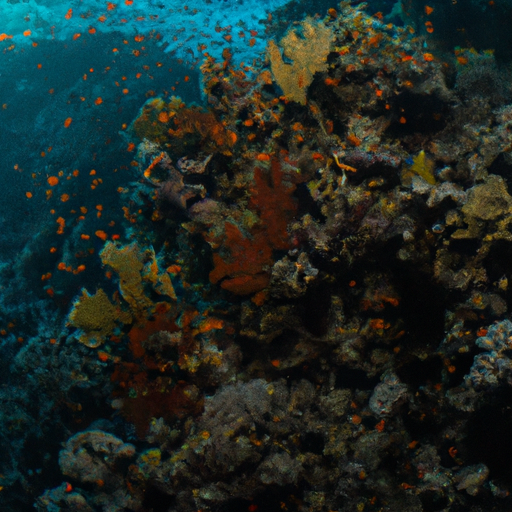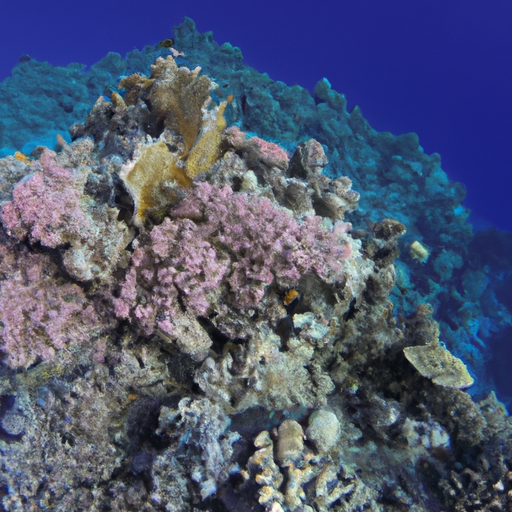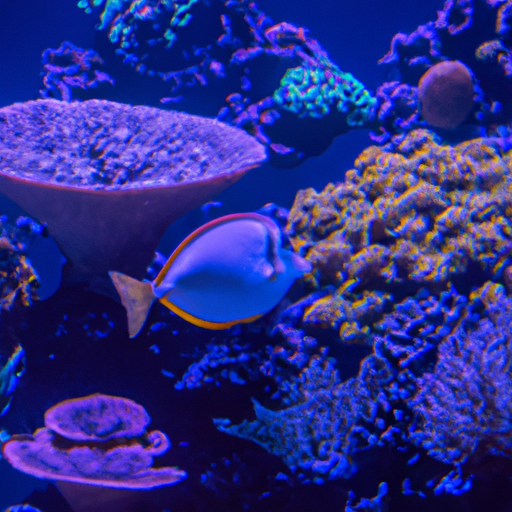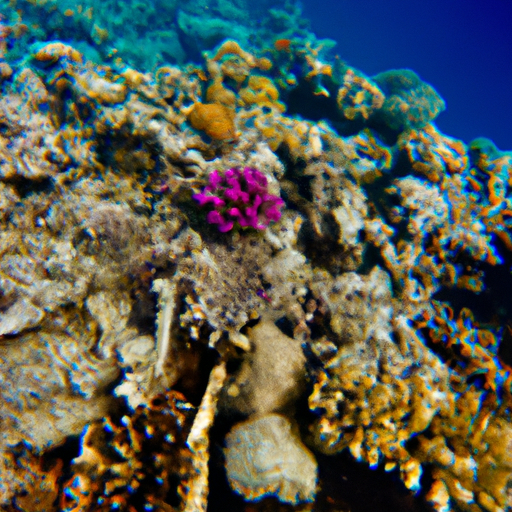Exploring the enchanting world of marine life is like embarking on a magical journey into the depths of the ocean. The vastness of the ocean houses a stunning array of aquatic biodiversity, with countless species waiting to be discovered. From the tiniest plankton to the majestic whales, the marine ecosystem is a wondrous tapestry of life. Delving deeper into this aquatic biodiversity, we encounter an astonishing range of marine creatures, from vibrant coral reefs to mesmerizing marine mammals to diverse fish species. Each discovery illuminates the importance of preserving and protecting this fragile ecosystem, ensuring that future generations can continue to marvel at its magnificence.
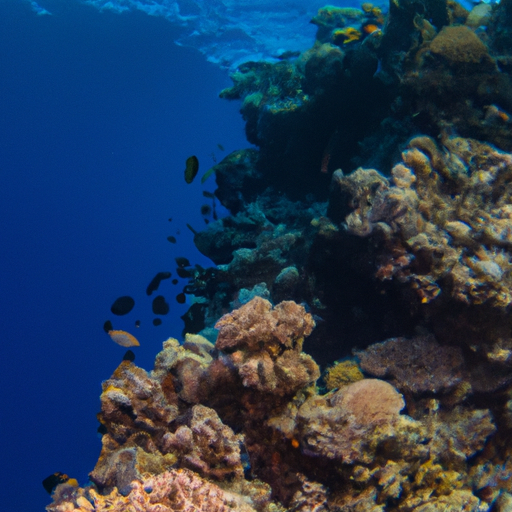
Protecting our Oceans: The Importance of Conservation for Marine Life
The article discusses the urgent need for conservation to address the decline of marine life. Factors such as overfishing, habitat destruction, pollution, and climate change are contributing to the alarming rate at which species are disappearing. Conservation efforts are crucial to preserving the delicate balance and biodiversity of ocean ecosystems. Furthermore, healthy oceans are essential for human well-being, providing valuable resources and helping to regulate climate. Strategies such as marine protected areas and strict regulations are necessary for effective conservation. Global cooperation and individual actions are both required to protect our oceans and ensure the survival of marine species for future generations.
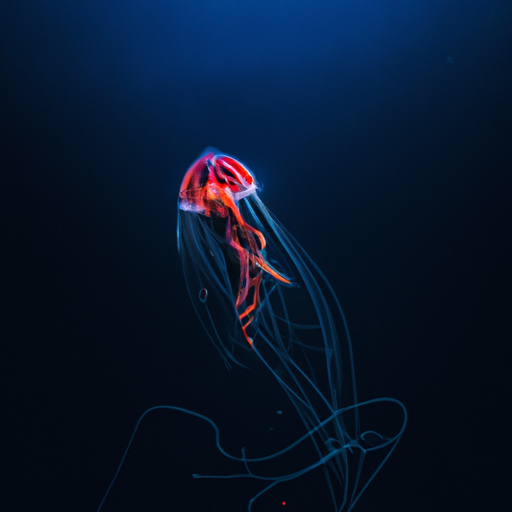
The Fascinating Adaptations of Marine Life: Surviving and Thriving in the Deep Blue Sea
In the article “The Depths of Survival: How Marine Life Thrives in the Deep Blue Sea,” the author explores the extraordinary adaptations of marine life that enable it to survive in the challenging and mysterious environment of the deep sea. The article highlights the ability of deep-sea creatures to withstand extreme pressure, relying on strong and flexible bodies to resist the crushing force of the water. It also discusses the unique ways in which organisms obtain energy in the absence of sunlight, such as through chemosynthesis. Furthermore, the article explores the fascinating methods deep-sea creatures use to communicate and find mates, including bioluminescent displays. Lastly, the article highlights the efficient and opportunistic feeding strategies of deep-sea organisms. Overall, the article provides a comprehensive overview of the incredible adaptations that allow marine life to thrive in the depths of the ocean.
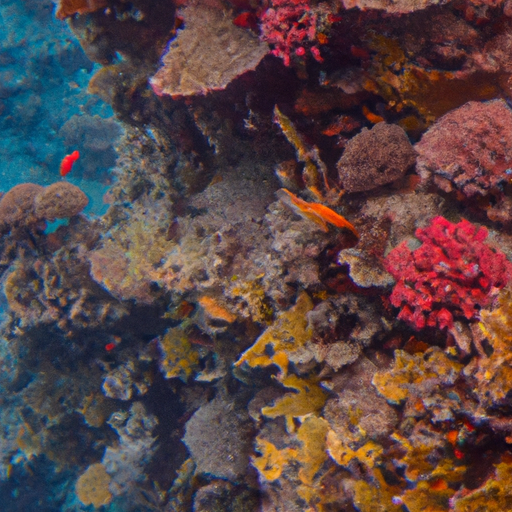
Exploring the Fascinating Diversity of Marine Life
The ocean is a vast and mysterious realm filled with an astonishing array of marine life. Exploring the fascinating diversity of creatures that inhabit these underwater ecosystems is a captivating adventure that never fails to amaze and enlighten. From the tiniest microscopic organisms to the gigantic whales, the ocean is a treasure trove of unique and extraordinary species. One of the most remarkable aspects of marine life is its incredible diversity, with millions of different species each with its own distinct characteristics and adaptations. The immense biodiversity extends not only to vertebrates but also to invertebrates and plant life, with coral reefs and seagrass meadows being examples of rich ecosystems supporting a wide range of species. Unveiling this marvelous diversity requires scientific research, exploration, and conservation efforts, as we gain a deeper appreciation for the interconnectedness of all living beings and the importance of preserving our precious oceans for generations to come.
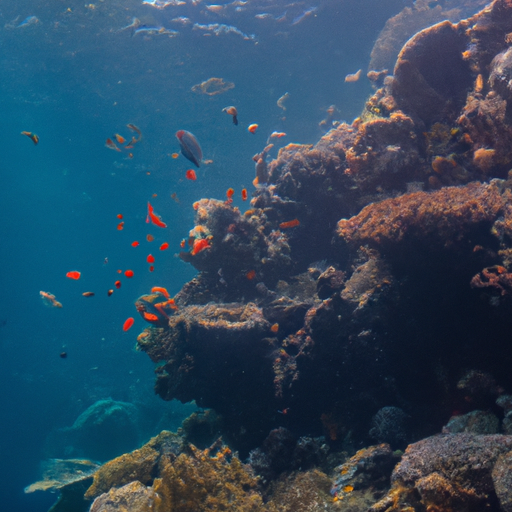
The Importance of Conservation: Protecting Marine Life for Future Generations
is its role in maintaining the overall health of the oceans. Marine organisms, such as coral reefs and phytoplankton, form the foundation of marine ecosystems and provide essential services like oxygen production, carbon sequestration, and food sources for other species. By conserving marine life, we can help protect these valuable ecosystems and maintain a stable climate.
Another crucial aspect of marine conservation is its impact on the economy and social well-being of coastal communities. Fishing and tourism industries rely heavily on healthy marine ecosystems, and their decline can have devastating effects on livelihoods and cultural heritage. Preserving marine life is not only about environmental responsibility but also about ensuring sustainable development for communities worldwide.
To address these threats, conservation efforts should focus on implementing sustainable practices, reducing pollution, establishing protected areas, and raising awareness about the need for responsible use of marine resources. Governments, international organizations, and individuals all play a role in preserving marine life for future generations.
In conclusion, the urgency of marine conservation cannot be overstated. By protecting marine life, we not only preserve the incredible biodiversity and beauty of our oceans but also ensure the well-being of our planet and future generations. It is our responsibility to take immediate action and make sustainable choices to secure a thriving marine environment for all.
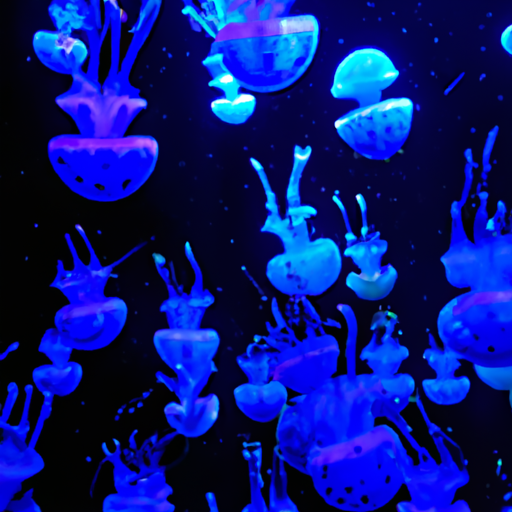
Unveiling the Secrets of the Deep: Discovering Rare and Elusive Marine Species
The article “The Mysterious World Beneath: Exploring the Depths of the Ocean to Uncover Rare and Elusive Marine Species” discusses the allure and challenges of exploring the depths of the ocean. Despite the inhospitable conditions, scientists are venturing into this unknown world to discover rare and elusive marine species. Advancements in technology, such as ROVs and manned submersibles, have allowed researchers to reach new depths and observe these creatures in their natural habitat. The groundbreaking discovery of a live giant squid in 2012 is just one example of the incredible findings that have shed light on the diversity and adaptations of deep-sea species. Studying these hidden creatures not only satisfies curiosity but also has important implications for conservation and a deeper understanding of marine ecosystems. As exploration continues, more exciting discoveries are anticipated, uncovering the wonders that lie beneath the surface.
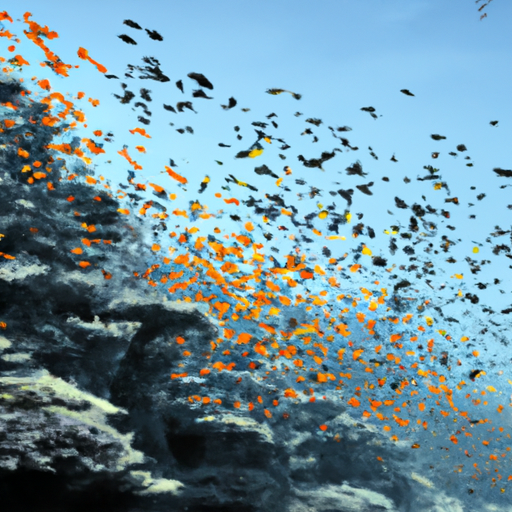
Exploring the Wonders of Marine Life: A Guide to Discovering the Fascinating Creatures of the Ocean
Discovering the mesmerizing world of marine life through diving offers a thrilling adventure to witness the fascinating creatures that inhabit the ocean. With its vastness and diverse ecosystems such as coral reefs and kelp forests, the ocean provides a home to a wide variety of species. Responsible and sustainable diving practices are essential to protect the delicate marine ecosystems and their inhabitants. Educating oneself on different marine species enhances the diving experience and strengthens the connection to the ocean, reminding us of our duty to preserve and cherish its beauty and resilience. So, gear up and dive into the blue to uncover the astonishing beauty and diversity of marine life waiting to be explored below the surface.
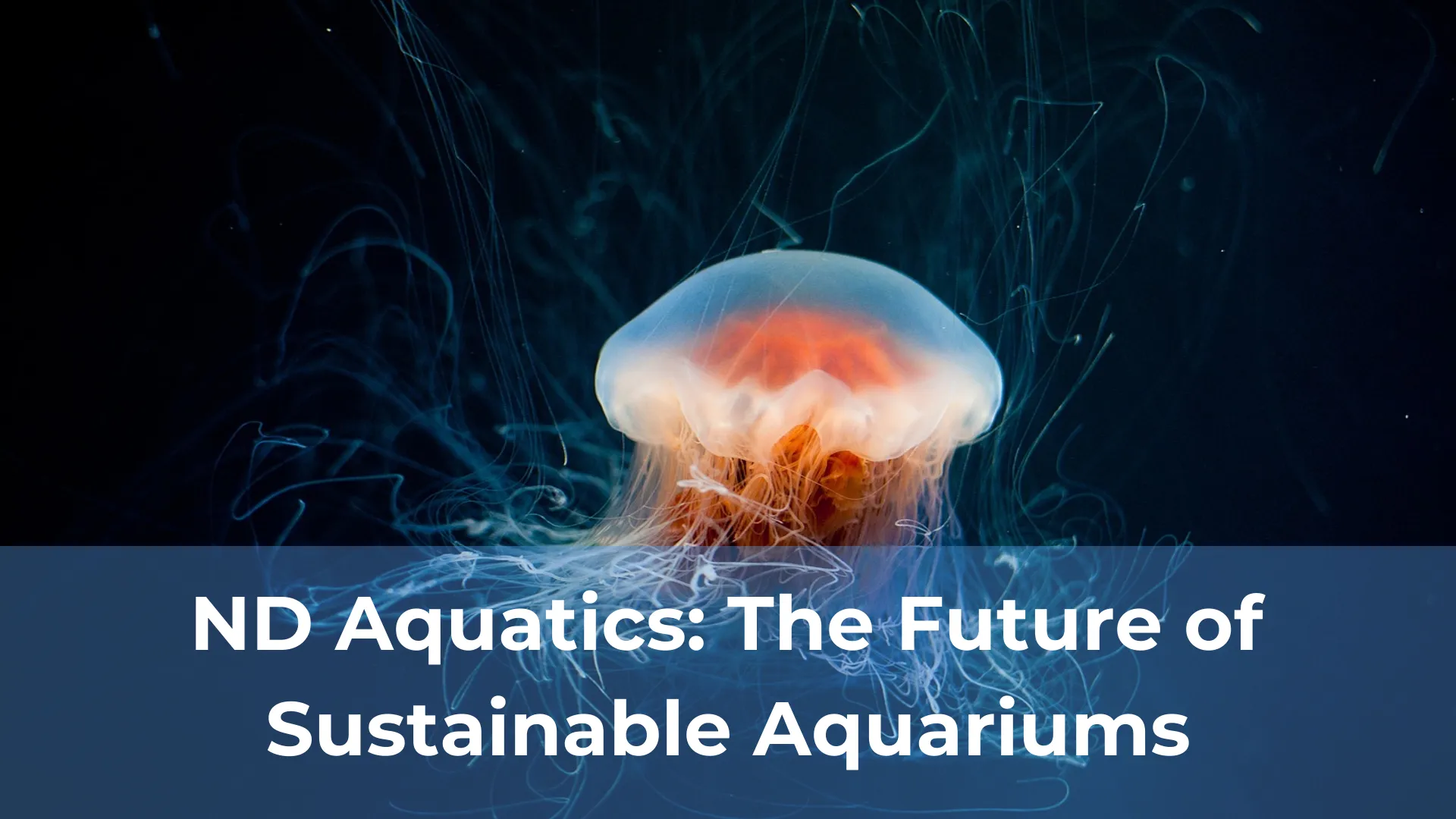
Nd aquatics the future of sustainable aquariums
ND Aquatics: The Future of Sustainable Aquariums ND Aquatics is revolutionizing the world of aquariums with their innovative and sustainable approach. Gone are the days of traditional aquariums that rely on excessive energy consumption and deplete natural resources. With a vision for the future, ND Aquatics has developed a range of cutting-edge technologies and practices …
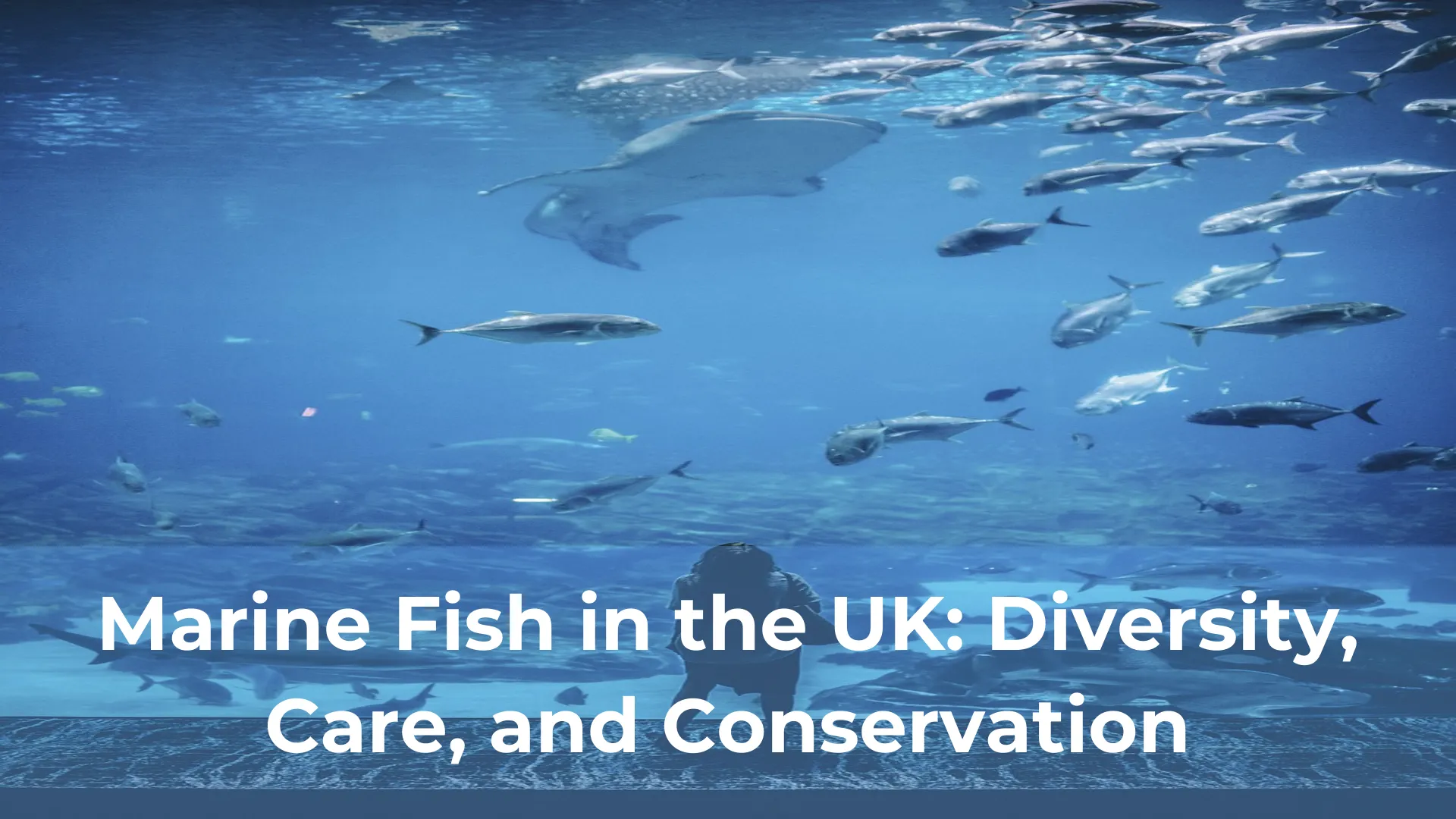
Marine fish in the uk diversity care and conservation
Marine Fish in the UK: Diversity, Care, and Conservation Marine Fish in the UK: Diversity, Care, and Conservation Exploring the vibrant world of marine fish in the UK reveals a remarkable array of species, captivating both marine enthusiasts and scientists alike. From the shimmering beauty of clownfish to the mysterious presence of sharks, the coastal …

Environmental pollution is a major problem affecting the planet globally. It encompasses various sources of contamination, including industrial processes, waste disposal, deforestation, and the burning of fossil fuels. The consequences of pollution are far-reaching and have negative effects on human health, biodiversity, and the overall well-being of the planet. To address and mitigate these effects, it is crucial to understand the sources of pollution, its impact on human health and biodiversity, the link between pollution and climate change, and potential solutions and mitigation measures. By exploring these topics, we can work towards a cleaner and healthier planet.

